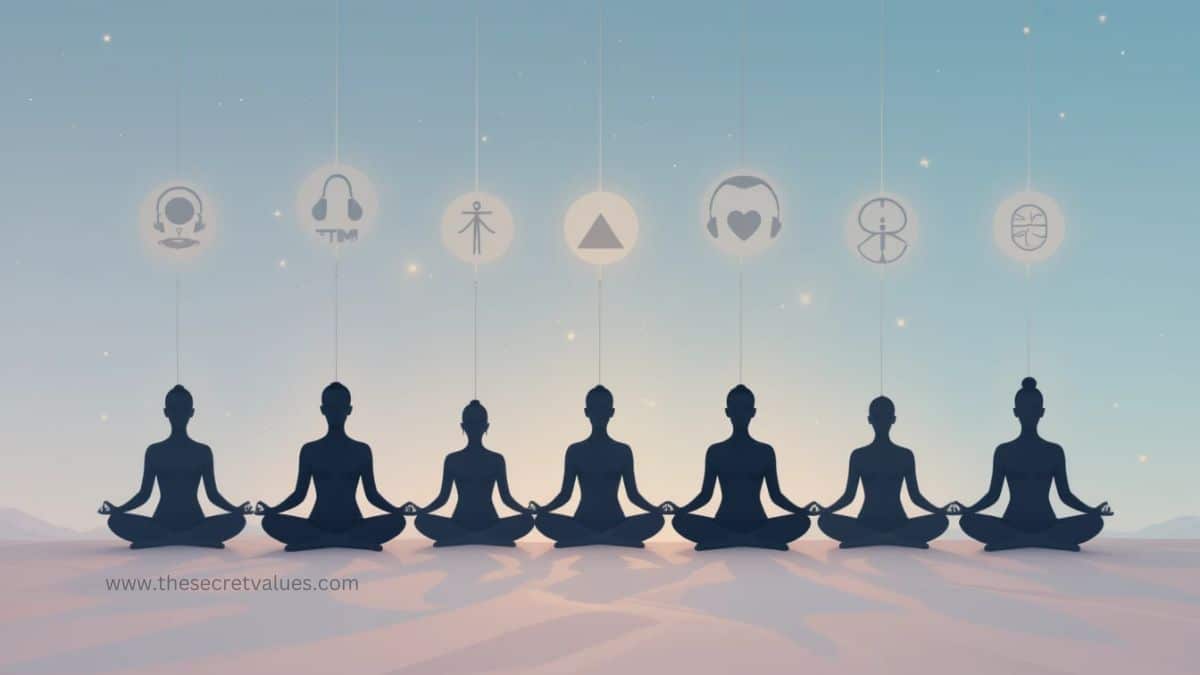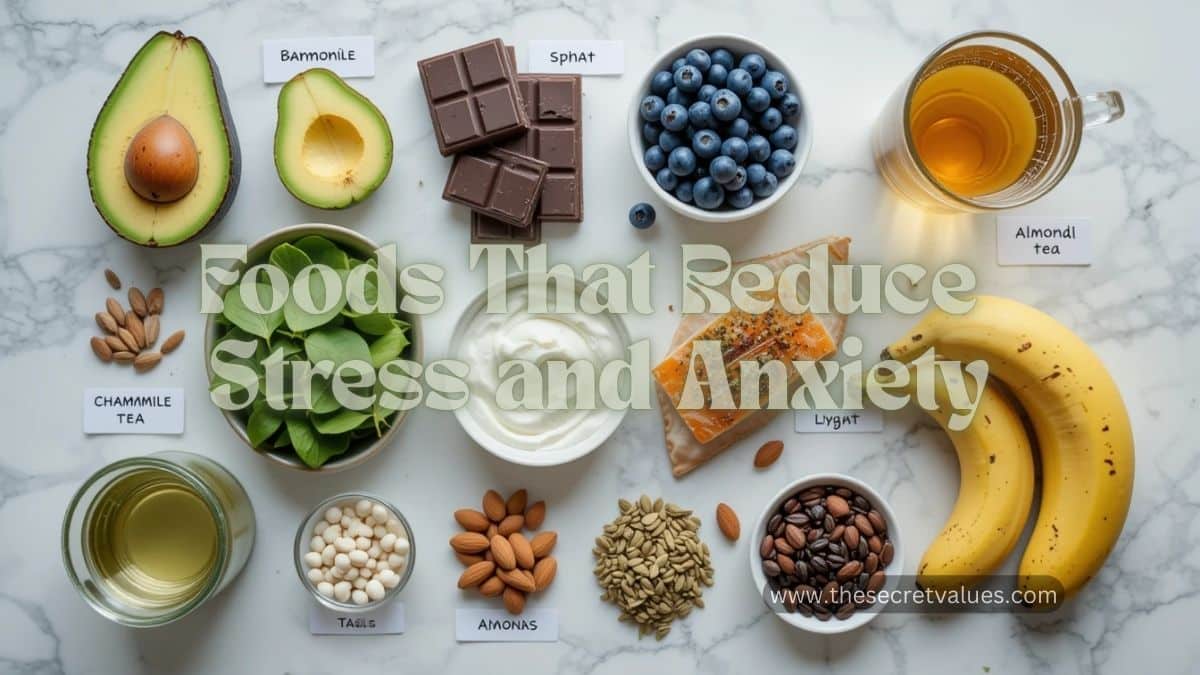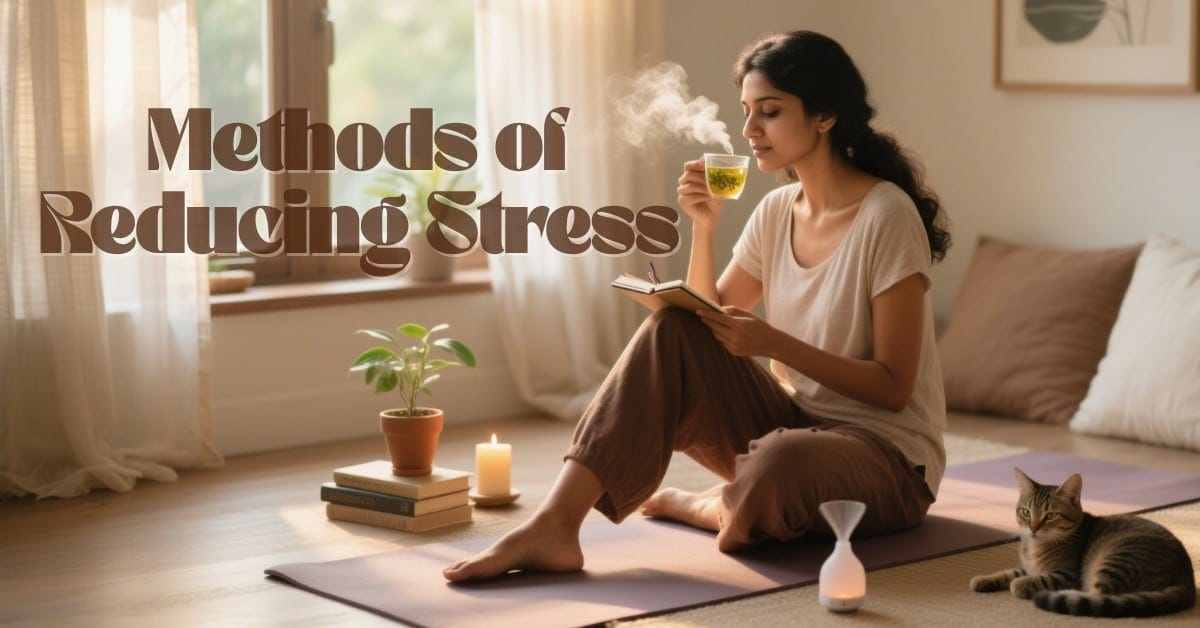If you’ve ever wondered what the best time is for meditation, you’re not alone. Indians and others around the world are practicing meditation more seriously today than they have at any other time in the past. From students to professionals, homemakers to entrepreneurs – everyone is seeking the optimal time to meditate for inner peace and increased productivity. But here’s the twist — there is no one answer. As for exactly when you should meditate, the ideal time varies depending on your lifestyle, body rhythm, and what you want to get out of it.
One thing is for sure, though – knowing the best time to meditate goes a long way in making your results predictable. If you ever wanted to know what the best time is to meditate, how long a meditation session should be, or even how much you should meditate today, then this post will take you from confusion to clarity. Let’s examine what research and Indian wisdom traditions suggest about the optimal time to meditate for maximum benefit in 2025.
Why Timing Matters in Meditation
Meditation is not just about sitting still; it’s about finding the rhythm within your mind and body that aligns with the rhythm of the world. Think about it:
- Your body feels refreshed in the morning after a good night’s sleep.
- After all, you may be feeling tired or stressed by the end of the evening.
- Hormones change, brain activity changes, and even digestion patterns change throughout the day.
That’s why experts often say that the way you meditate affects how effective your practice feels. As eating at the right time aids digestion, so does meditation practiced at a suitable time lead to focus, lightness, and spiritual uplift.
Morning Meditation: What do Tradition and Science Say?
Why Mornings Work So Well
In India, mornings are always considered sacred for meditation. The Brahma Muhurta (around 4:30 to 6 AM) is regarded as the most suitable time for spiritual practices. Here’s why experts recommend mornings:
- Fresh Mind – After sleep, your brain is refreshed and settled, with less clutter.
- Silence – Fewer distractions and sound.
- Stable Energy – Cortisol, which is the stress hormone, is naturally high in the morning, so meditation helps to balance it.
- Routine – Mornings are more consistent than nights.
The Scientific Angle
And modern research in 2025 also suggests that early meditation:
- Improves focus and decision-making.
- Lessens the anxiety preceding stress at work.
- Promotes a balanced mood all day long.
If you’re after focus productivity or precipitation for some spiritual growth, the time to meditate is early in the morning, experts say.
Night Meditation: Stress and Release Balance
Why Evenings Can Be Powerful
Early Does Not Work for Everybody. For many Indians working punishing hours, the evening is the only time they have to themselves. You benefit when you meditate in the evening because it:
- Relieving Stress – Decompress after your day at work or reach a state of relaxation immediately, whether at home or while studying.
- More Restful Sleep – Calms your mind into sleep mode.
- Emotional Healing – Allows you to heal from the day’s emotional highs and lows.
Scientific Insights
Science has also shown that meditation in the evening lowers blood pressure and helps patients sleep. It also serves to let people wind down from digital overload, which most people need in 2025.
If you are working to create a sense of relaxation, improve your sleep, or achieve emotional stability, then the evening may be the best time to meditate.
Morning vs Evening: What the Experts Recommend in 2025
So, should you meditate in the morning or at night? Hatha yoga practitioners, Ayurvedic healers, and modern neuroscientists agree:
- Morning Meditation – Ideal for clarity, focus, spiritual growth, and setting a positive tone for your day.
- Evening Meditation – For stress relief, emotional unburdening, and ready for deeper rest.
👉 In a few words: The ideal time to meditate is based on your schedule. If you’re a morning person, mornings are best of all. Evenings can be as potent if you’re a night owl.
How Long Should I Meditate? – The Time Factor
But outside of timing, there are a couple of things a lot of people wonder about: How long should I meditate? Here is what the experts say to aim for in 2025:
- Beginners – Try 5–10 minutes and build up.
- Middle level – 15 to 30 minutes each day.
- Advanced meditators — 45 to 60 minutes+
And remember, the meditation time limit is loose. Even 5 minutes a day is better than not doing anything at all. The real key is consistency.
When Is The Best Time To Meditate?
If you’re not just seeking relaxation, but relatively long-term sustenance and growth, mornings are the best time to meditate for maximum results.
Why? It’s because a fresh mind, stable energy, and you can maintain a positive influence throughout the day. The testimony of many Indian gurus, as well as that of global mindfulness teachers, is that people who meditate in the morning often achieve profound results in terms of health and spiritual awareness.
But if you’re not the kind of person who has gentle orderliness, evening meditation makes sure that you don’t miss out on your meditation practice. The best gain is made from regularity, and not the clock.
How to Find Your Own Rhythm in Meditation
How to find their best time to meditate is to play with your routine. Here are some tips:
- Experiment With Both – Meditate one week in the morning, another in the evening. Notice how your body responds.
- Begin Small – Just 5 minutes each day creates momentum.
- Body Listen – If you’re tired at the end of the day, then swap it for morning.
- Consistency Over Perfection – 10 minutes of meditation every day is better than 1 hour once a week.
- Environmental Conditions Count – Pick a quiet and comfortable place where you will have an opportunity to be free from distractions.
Expert Voices from India
Yoga Teachers
Although how you practice yoga is a personal preference, most trained yoga teachers recommend sunrise meditation to ensure that the maximum prana (life energy) is absorbed and utilized. They say it creates a peaceful vibration for the day.
Ayurveda Experts
According to Ayurveda, the best time to meditate varies according to your body type (the ‘dosha’). For example:
- Vata types – Early day is when you need grounding.
- Pitta – Evening meditation to bring a bit of cooling to that fire.
- Kapha Types – Morning struggles against lethargy.
Neuroscientists
Today’s brain experts in 2025 note that both morning and evening meditation activate the prefrontal cortex, the region responsible for decision-making and maintaining calm focus.
When is it Best to meditate? – Practical Scenarios
- For Students – Meditating in the morning increases focus throughout the day before school.
- For Office Goers – Evening meditation is suitable for office stress.
- For Homemakers — Mid-morning (if we get our chores done) can be a peaceful time.
- For elders, chanting or practicing mindfulness during early morning is beneficial.
When is the ideal time for meditation? Whenever you can fit in time that’s consistent, without setting yourself up to be stressed or rushed, is the answer.
Common Mistakes to Avoid
- Waiting for the “right time” and avoiding practice.
- Meditating immediately after a large meal.
- Pushing long sessions with no stamina.
- Last-minute phone use or checking your notifications right before meditating.
- A Basic Routine to Begin. You can become so over-prepared that you never actually start.
A Simple Routine
- Wake up (or end your workday).
- Sit in a quiet space.
- Time for 10 to 15 minutes.
- Close your eyes, breathe deeply.
- Concentrate on breath, a phrase, or an audio.
- Gently open your eyes and go about your day.
Conclusion – When is The Best Time to Meditate in 2025?
It’s a tie between morning and evening. There’s no wrong time to meditate; just the best time for you to do it, one that fits your life and helps you stay consistent. Most people experience the morning as a time of clarity and energy, and feel settled and emotionally balanced by evening.
If you ask: How long should I meditate, begin small and continue regular practice while slowly increasing your duration. Whether you’re going for 10 minutes or an hour, the magic is in making meditation a daily practice.
So in 2025, tune in to your body, honor your schedule, and get into your groove. The best time to meditate for maximum gains comes at that point.







